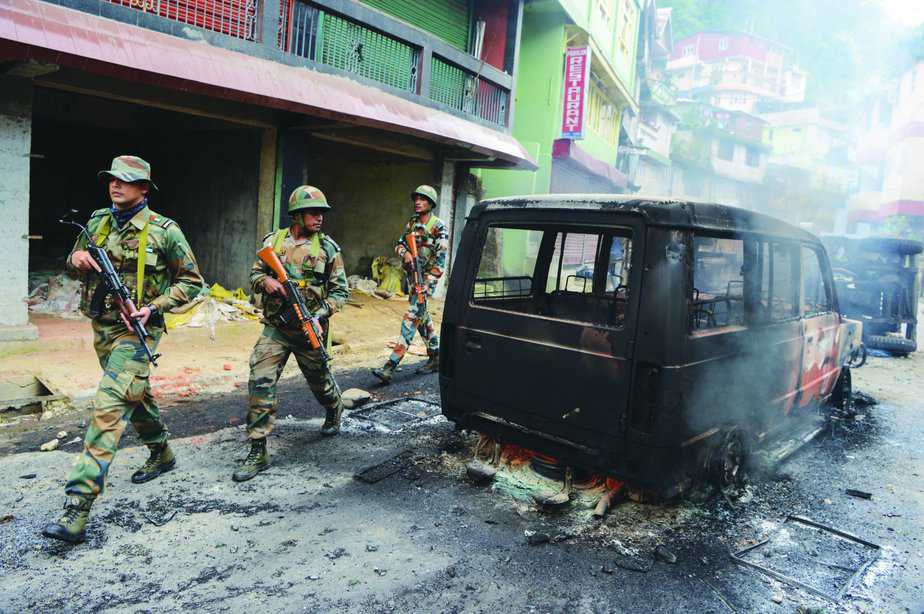Article 19 of the Constitution of India guarantees some of most important fundamental rights to the citizens.
On 16 March, a Supreme Court bench comprising Justice AK Sikri and Ashok Bhushan made an observation in regard to Article 19 (1) of the Constitution while quashing a plea by President of Gorkha Janmukti Morcha Bimal Gurung for the transfer of all FIRs against him and other members of the GJM from the West Bengal police to any independent investigation agency — like the NIA, or CBI — which are not under the control of the government of West Bengal.
GSM had last year carried out a 104-day violent agitation in Darjeeling against the government order introducing the Bengali language in state-run schools. It had turned to a call for a separate state of Gorkhaland by the GSM. The case at hand is one which, the bench pointed out, “led to the destruction of property and loss of lives, because of irresponsible and illegal acts of some in the name of bandh or hartal or strike.”
And in consequence, Article 19(1) it pointed, also had its limitations. It pointed that “from the very nature of things a demonstration may take various forms; it may be noisy and disorderly”, giving an example of “stone-throwing by a crowd”, which was a “violent and disorderly demonstration” which would not, it said, “obviously” come under the Article 19(1)(a) or (b).
Freedom to air one’s views is the lifeline of any democratic institution. Right of public speech is one form of expression which is also a part of freedom of speech and expression. Demonstrations are also a mode of expression of the rights guaranteed under Article 19(1)(a).
Demonstrations — whether political, religious or social — which create public, disturbances or operate as nuisances, or create or manifestly threaten some tangible public or private mischief, are not covered by protection under Article 19(1).





